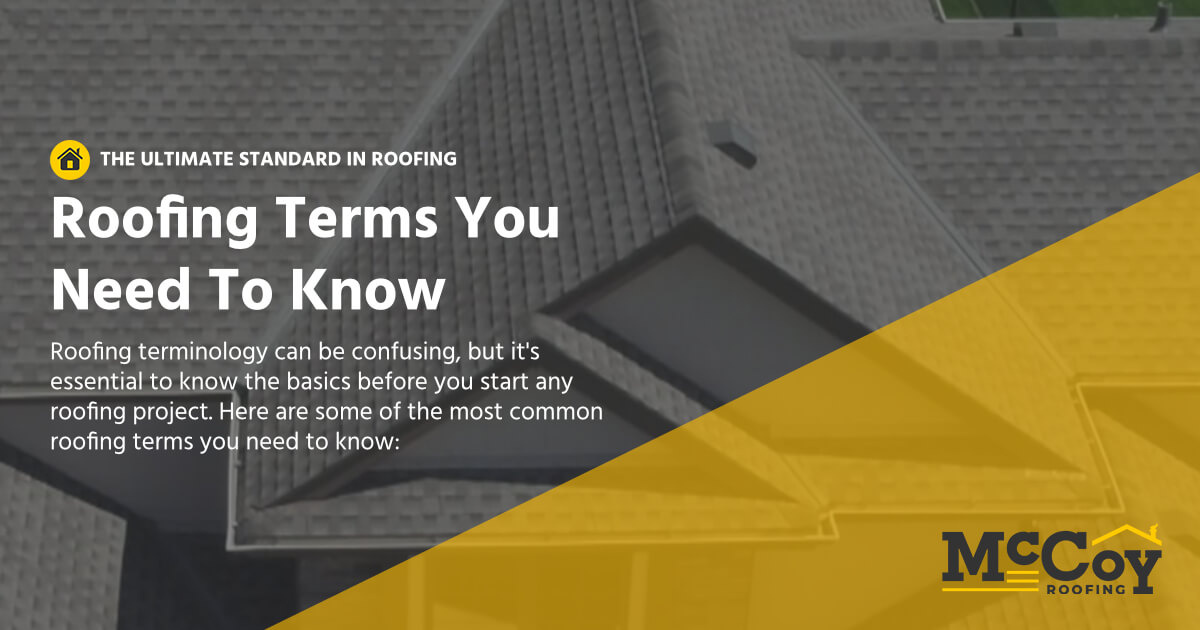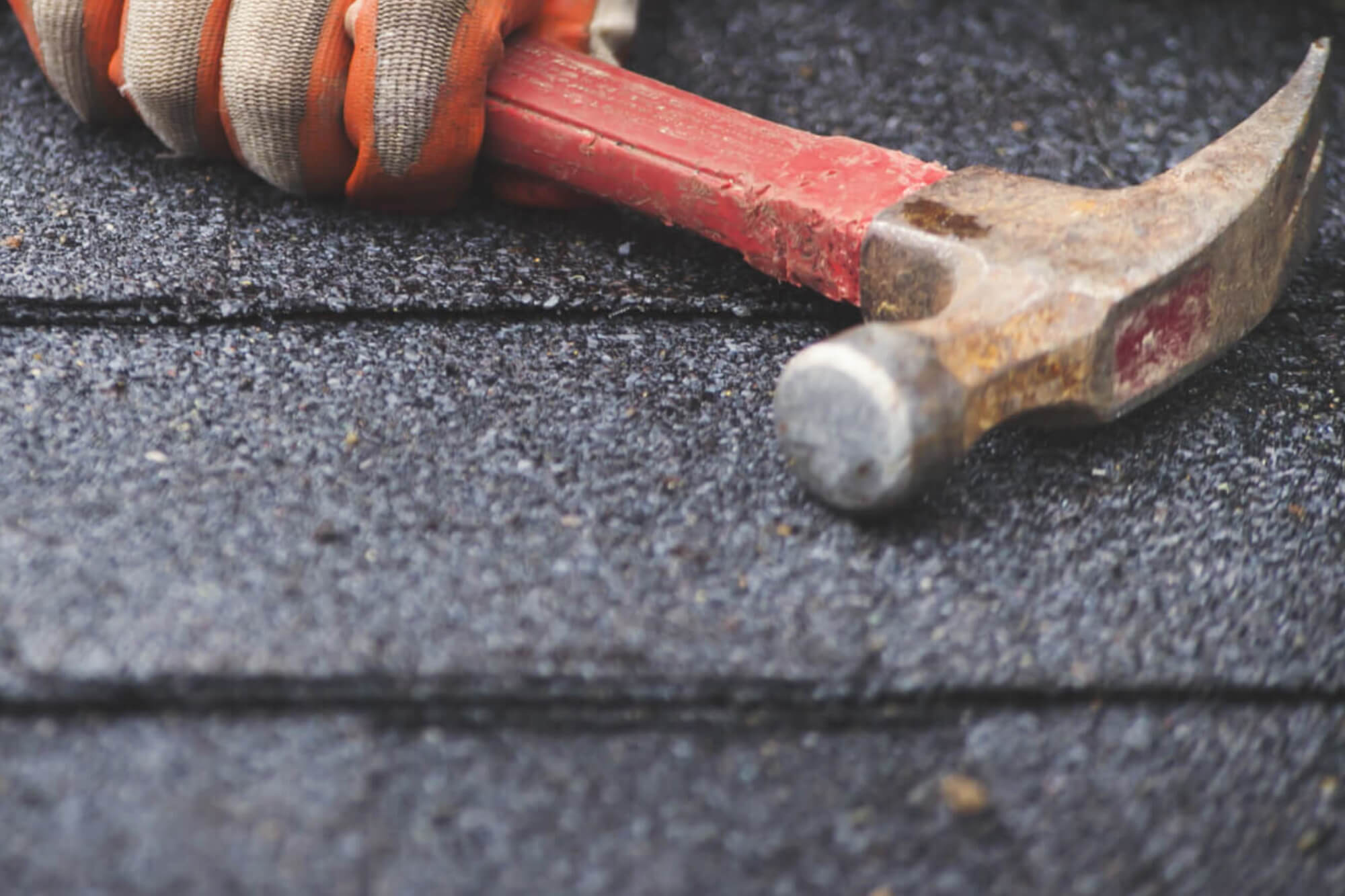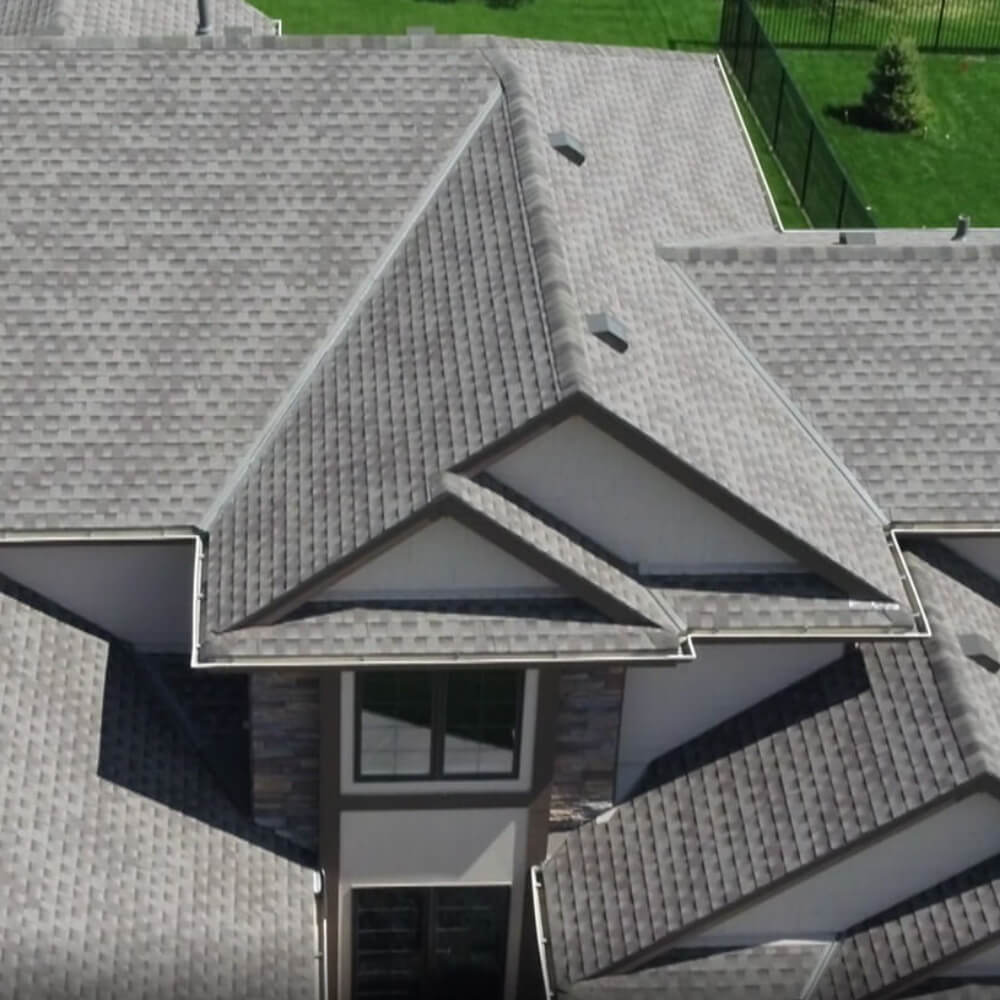

Roofing Terms You Need To Know
Roofing terminology can be confusing, but it’s essential to know the basics before you start any roofing project. Here are some of the most common roofing terms you need to know:

Knowledge Base Of Roofing Terms You Need To Know
Cement
Cement is a durable material with a long history of use in roofing. It is typically made from a mixture of limestone, clay, and sand, which are heated to create a powder that can be formed into shapes when mixed with water. Cement is often used to create tiles or shingles for roofs and to repair worn or damaged areas. When appropriately used, cement can provide a solid and weather-resistant seal that will protect your home from the elements.
Flashing
Flashing is a material used in roofing to seal the gaps between different parts of the roof. This can help to prevent water from seeping into the home through these gaps and causing damage. Flashing is typically made of metal but can also be made of other materials such as plastic or rubber. Choosing the correct type of flashing for your home’s roofing is crucial to ensure that it will provide adequate protection against water damage.
Gable
A gable is a triangle-shaped area at the end of a pitched roof. It’s often decorated with molding or other architectural details. Gables can be either pedimented (with a triangular shape) or parapeted (with a flat top).
Gables are a standard feature on all types of roofs, from simple shed roofs to more complex hip and gable roofs. They provide extra support and stability to the roof structure and can also add visual interest to a building’s exterior.
Hip
A hip roof is a type of roof where all four sides slope downwards to the eaves, with the two sides being shorter than the other two. Hip roofs are more stable than gable roofs and are better at shedding snow and rain. Because of their shape, hip roofs are often used on houses in hurricane-prone areas.
Pitch
Pitch refers to the angle or slope of your roof. A higher pitch means a steeper slope, while a lower pitch indicates a more gradual slope. Pitch is important in roofing because it affects how much water will run off the roof and how well the roof will shed snow and ice. A steeper pitch will shed water and snow more efficiently, but it will also be more challenging to walk on and more expensive to build. A shallower pitch may not shed water and snow, but it will be easier to walk on.
Ridge
A ridge is the line formed where two sloping roof surfaces meet. It’s also called the roofline or the peak. The primary purpose of a ridge is to shed water and snow, but it also provides stability to the roof structure and increases the overall strength of the roof. Roofing ridges can be made from various materials, including wood, metal, tile, and asphalt shingles.
Shingle
A shingle in roofing is a material that is used to protect the roof from weather damage. It is typically made of asphalt or fiberglass and is placed over the top of the roofing felt. The shingle acts as a barrier against wind and rain, helping to keep the roofing felt in place and preventing it from being blown away or damaged by the elements. Shingles also help to reflect heat away from the house, keeping the interior cooler during the summer months.
Soffit
Soffits are a vital part of any roofing system. They are installed under the roof’s eaves and help protect the home from water damage. Soffits also provide ventilation for the attic, which helps to keep the home cooler in summer and warmer in winter.
Soffits are usually made from wood, vinyl, or aluminum. Wood soffits need to be painted or stained regularly to prevent weather damage, while vinyl and aluminum soffits do not require as much maintenance.
Truss
A truss is a frame used in roofing to support the weight of the roof material. The frame is made up of a series of triangular shapes, which makes it very strong and able to bear a lot of weight. Trusses are often used in commercial buildings and warehouses, where the roof needs to be very strong and durable.
Underlayment
Underlayment is a layer of protection between your roofing materials and your home’s structure. It provides an extra layer of defense against the elements, helping to keep your home dry and comfortable. Underlayment also helps to insulate your home, keeping it cooler in summer and warmer in winter.
When choosing an underlayment for your roof, it is crucial to consider the climate in which you live. For example, a more durable and waterproof underlayment may be necessary for areas with high humidity or frequent rainfall. If you are unsure which type of underlayment is best for your home, consult with a professional roofing contractor. With the proper underlayment in place, you can rest assured that your home is well-protected from the elements.
Valley
A valley is a low point in the roof where two slopes meet. Valleys are essential in roofing because they funnel water off the roof and help to prevent leaks. There are two main types of valleys: closed and open. Closed valleys are covered with shingles, while open valleys have metal flashing that helps to direct water away from the home.
Now that you know some of the most critical roofing terms, you’ll be better prepared to discuss your roofing project with contractors or other professionals. Knowing the terminology will also help you understand the estimates and bids you receive. Finally, with a bit of knowledge, you can be sure your roofing project is done right.
McCoy Roofing
If you’re in need of a roofing contractor in the Omaha area, look no further than McCoy Roofing. We specialize in residential and commercial roofing, and our team of experts is ready to help you with all your roofing needs and make you aware of the Roofing Terms You Need To Know.
No matter what kind of roof you have or what type of repair or replacement you need, we can help. We offer various services, including shingle repairs and replacements, metal roofing installation, flat roof repair and replacement, and much more. We also provide emergency roof repair services when you need us most.
When it comes to roofing, you can’t take any chances. Make sure you choose a contractor that you can trust. Call McCoy Roofing today at 402-616-7304 for all your roofing needs. We’ll gladly give you a free estimate on any of our services.